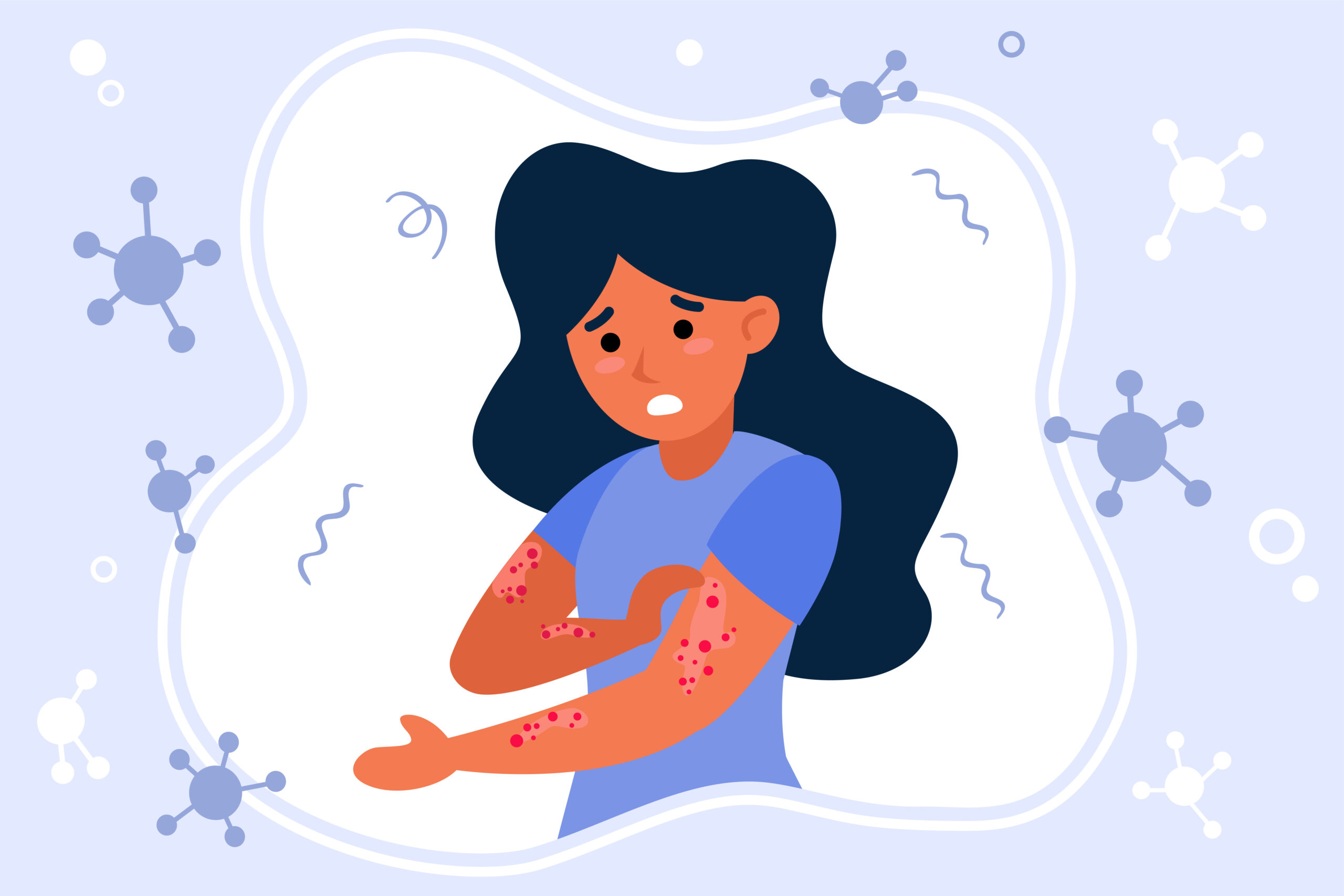The healthcare gamification market, valued at USD 10.29 billion in 2023, represents a pivotal transformation in healthcare delivery, where traditional approaches are being augmented by the integration of game mechanics. Gamification introduces engaging, reward-based systems to healthcare processes, motivating individuals to maintain healthier lifestyles, adhere to medication routines, and enhance rehabilitation efforts. The market’s expected growth to USD 31.25 billion by 2032 at a CAGR of 13.1% highlights its significant role in the future of digital health. Increasing adoption of artificial intelligence (AI), wearable technologies, and virtual reality (VR) is fueling this rapid growth.
What is Healthcare Gamification?
Healthcare gamification involves applying gaming principles—such as points, badges, levels, challenges, and rewards—into healthcare applications to improve patient engagement and encourage positive health behaviors. These techniques capitalize on the intrinsic motivations of users by making health management tasks enjoyable, fostering competition, and promoting social interaction.
For example:
- Fitness Apps like Nike Run Club provide users with badges and achievements for running specific distances or improving their performance over time.
- Medication Adherence Apps such as Mango Health turn routine medication schedules into a point-based system where patients are rewarded for adhering to their prescriptions, reducing the risk of non-adherence.
By blending these game-like elements into health management, healthcare providers can improve outcomes, whether through encouraging healthy living or managing chronic conditions.
Market Outlook and Growth Drivers
The healthcare gamification market’s growth can be attributed to several crucial factors:
1. Technological Advancements
- AI and Machine Learning Integration: AI is transforming healthcare gamification by making health interventions more personalized. Algorithms analyze user data (e.g., steps taken, heart rate) to create customized fitness challenges or dietary recommendations. For instance, Ayogo Health uses AI-driven platforms to help chronic disease patients maintain their treatment plans through personalized nudges and motivational feedback.
- Wearable Devices and IoT: Devices like Fitbit or Apple Watch monitor health metrics such as steps, calories burned, and heart rate, allowing users to track their health and achieve goals. These devices often integrate with gamified apps, where users can set challenges, compete with friends, and receive rewards for achieving their fitness goals.
2. Increased Mobile Penetration
Mobile health (mHealth) apps have seen rapid growth due to the proliferation of smartphones globally. Over 60% of smartphone users now use some form of health or fitness app. Apps like MyFitnessPal, which gamify daily activities such as calorie counting, are contributing to market expansion. In emerging markets like Asia-Pacific, increasing mobile penetration is creating new opportunities for healthcare gamification solutions.
3. Chronic Disease Management
Chronic conditions such as diabetes, hypertension, and obesity require long-term management, which can be difficult for patients to maintain consistently. Gamification helps patients stay motivated. For instance, Mango Health helps users manage their medications for chronic illnesses through a reward system that keeps them engaged and improves adherence.
4. Personalized Healthcare
AI-powered algorithms allow healthcare apps to customize challenges and rewards based on individual preferences, needs, and behaviors. For example, an AI-based fitness app could adjust exercise intensity based on a user’s health data, keeping them motivated while avoiding burnout.
Key Trends Shaping the Healthcare Gamification Market
1. AI-Powered Gamification
AI is the backbone of the next generation of gamified healthcare solutions. AI can analyze vast amounts of health data, such as physical activity or behavioral patterns, to offer insights that drive personalized gamification experiences. For example, Akili Interactive Labs employs AI in its cognitive therapy games, adapting the difficulty based on patient progress, making the treatment of mental health conditions more engaging and effective.
2. Virtual and Augmented Reality (VR/AR) in Rehabilitation
VR and AR technologies are being increasingly used for rehabilitation purposes, offering immersive and interactive environments for patients recovering from injuries or surgeries. For example, VR-based rehabilitation games help stroke patients regain motor skills by simulating real-world tasks in a controlled environment. Companies like Ayogo Health and Akili Interactive are at the forefront of VR-based health interventions.
3. Corporate Wellness Programs
Gamified wellness apps are increasingly being adopted by businesses to promote healthier lifestyles among employees. These apps often provide rewards for physical activity, healthy eating, and stress management, contributing to better employee health and reduced healthcare costs for companies. Platforms like Hubbub Health are offering comprehensive solutions that combine fitness tracking with gamified rewards, targeting corporate wellness programs.
4. Mental Health and Cognitive Function
As awareness of mental health issues grows, so does the application of gamification in mental health management. Platforms like CogniFit use cognitive games to help users strengthen mental functions, offering a non-invasive way to manage and improve cognitive health. Additionally, gamified apps designed to manage stress, anxiety, and depression, like SuperBetter, are gaining traction, especially post-pandemic, where there is an increasing focus on mental well-being.
5. Social and Community Engagement
Many healthcare gamification platforms are incorporating social features that allow users to connect, compete, or collaborate with others. For example, fitness apps that let users share their achievements on social media or challenge their friends increase engagement and create a supportive community atmosphere, which has been proven to improve long-term adherence.
Challenges and Restraints
Despite the rapid growth, the healthcare gamification market faces some challenges:
1. Data Privacy and Security
As gamification platforms collect a large amount of personal health data, ensuring the security and privacy of this information is paramount. Users need to trust that their sensitive health data is handled securely, and any data breaches could lead to distrust and reduced adoption.
2. Regulatory Challenges
Many gamified health platforms straddle the line between wellness apps and medical devices, which places them in a regulatory gray area. Ensuring compliance with healthcare regulations such as HIPAA in the U.S. or GDPR in Europe is critical for the continued growth of the market. Regulatory oversight may slow down the implementation of certain technologies.
3. Sustained User Engagement
While initial user engagement in gamified platforms is typically high, maintaining this engagement over time is a significant challenge. Developers must continually innovate to keep users engaged with fresh content, challenges, and rewards to avoid “engagement fatigue.”
Competitor Landscape
The healthcare gamification market is highly competitive, with several key players leading the innovation curve:
- Fitbit Inc.: A pioneer in wearable fitness tracking, Fitbit integrates gamification elements such as badges, community challenges, and leaderboards to encourage physical activity.
- Microsoft: Through its Azure-based healthcare solutions, Microsoft integrates gamification into chronic disease management and fitness apps, leveraging AI and machine learning to enhance patient engagement.
- Akili Interactive Labs: Akili’s EndeavorRx, a video game-based therapy, was the first FDA-approved game for the treatment of ADHD, showcasing the potential of gamification in mental health treatments.
- Ayogo Health Inc.: A leader in chronic disease management, Ayogo Health provides gamified platforms that motivate patients to adhere to treatment plans, improving patient outcomes.
- Mango Health: Focuses on gamifying medication adherence, offering patients rewards for maintaining their medication schedules and promoting long-term health management.
Future Opportunities and Outlook
1. Mental Health Gamification
As mental health issues continue to grow in prevalence, the demand for gamified solutions addressing stress, anxiety, and cognitive health is expected to rise. Companies focusing on mental health, like CogniFit and Akili Interactive Labs, are likely to see substantial growth.
2. Expansion in Emerging Markets
The expansion of gamified healthcare platforms into emerging markets in Asia-Pacific and Latin America is anticipated due to the increasing adoption of mobile health (mHealth) apps and growing healthcare needs. These regions offer significant opportunities for companies looking to scale.
3. Integration of AI and Big Data Analytics
As the integration of AI and big data in healthcare accelerates, gamified platforms will become more intelligent, offering increasingly personalized health recommendations and treatments. The ability to monitor health in real-time and offer dynamic, personalized interventions will be a key driver of market growth.




